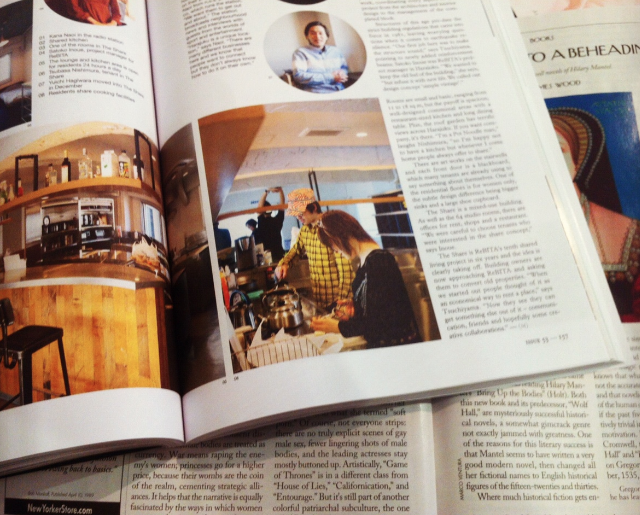May 6th, 2012
Analyzing a $26 Magazine Impulse Purchase
Media pricing: a topic that never gets old and never has any right answers. As we continue to see more and more pricing models tested (micro purchases, digital subscriptions, firewalls, all-access streaming, etc.) I wanted to take a moment to think about magazines.
The conclusion that I reached yesterday is that, despite the fact that a magazine is a magazine, I now believe that a stand-alone magazine and a magazine subscription are actually two different products with a different set of substitutes, creating a different mental model and perception of price around the exact same product.
Let me explain. Yesterday I went to a bodega and spent $26 on magazines to read without a second thought. While some of the mags I bought offer subscriptions for like $10/year, I wouldn’t consider subscribing. Am I going to buy more than two $6 magazines in a year? For sure, so economically it’s better for me to subscribe rather than binge buy.
But buying a bunch of magazines to sit and read on a Saturday is an activity, and the substitutes are expensive. Going out to brunch/dinner, seeing a movie, going to a museum, etc. All the obvious substitutes are in the above-$20 range.
Subscribing, though, isn’t really an activity as much as it is a media choice. The substitues there are significantly less expensive and sometimes even free. If you are making the choice to align with a specific publication, why wouldn’t you just read their website instead? There’s also the non-trivial guilt that comes with not keeping up with your issues, especially with weekly publications.
As a leisure product, the willingness to pay is much higher, even for the same product. As much as this is a cop-out, I don’t think we are ever going to find the best and most-optimized way to price media because the product itself is so malleable that we must be content to keep trying.
